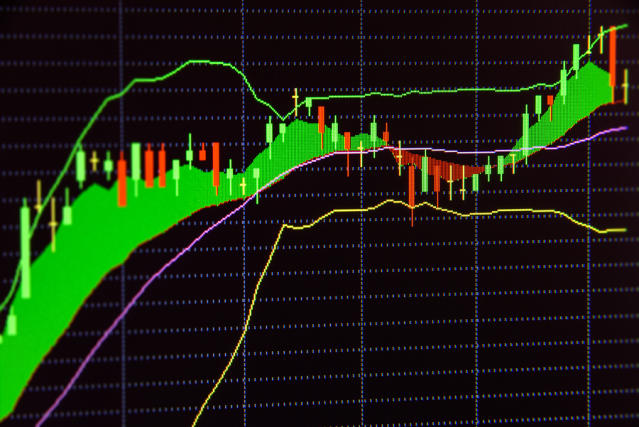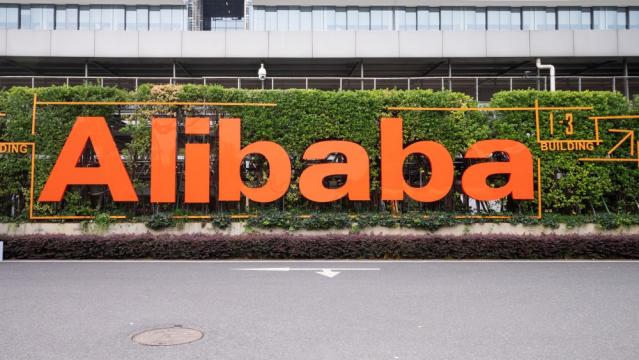Investor anxiety swept through Hong Kong as Alibaba Group and other stocks plunged to a 14-month low on Tuesday. Triggered by a report of China’s economic growth missing expectations and declining home prices the Hang Seng Index recorded its steepest one-day decline in six months, dropping 2.8%. Real estate giants Longfor Group and China Resources Land saw over 4% declines reflecting the sharpest drop in new home prices since February 2015.

China’s Economic Struggles Unveiled
China’s economy grew at 5.2% last quarter, below the market consensus of 5.3%. The unexpected downturn in retail sales coupled with industrial production exceeding expectations fueled concerns.
Strategists at BCA Research expressed skepticism, citing the government’s hesitance to implement substantial stimulus measures foreseeing potential interest rate cuts only after more economic downturns.
Hong Kong and mainland stock benchmarks plummeted over 4%, reflecting worries about China’s economic recovery and doubts about the effectiveness of stimulus measures. The People’s Bank of China’s decision to maintain its policy lending rate signaled unease about weakening the local currency.
READ ALSO: Citibank User’s $1,500 Nightmare: Lost Mortgage Payment Sparks Frustration and Financial Panic
Corporate Retreat Amid Economic Uncertainty
Major Chinese internet firms, including Alibaba, Tencent, and Baidu, slashed external investments by nearly 40% in 2023. This shift from aggressive expansion was influenced by economic slowdown, regulatory challenges and geopolitical tensions. These firms redirected investments towards corporate services, healthcare, video games, advanced manufacturing and AI startups, indicating a strategic pivot.
The GDP data triggered panic selling, with expectations of further corporate earnings cuts. However, this also sparked hopes for additional stimulus measures. Alibaba’s shares were trading lower by 2.68% at $67.59 premarket on the last check Wednesday reflecting the prevailing uncertainties in the market.




